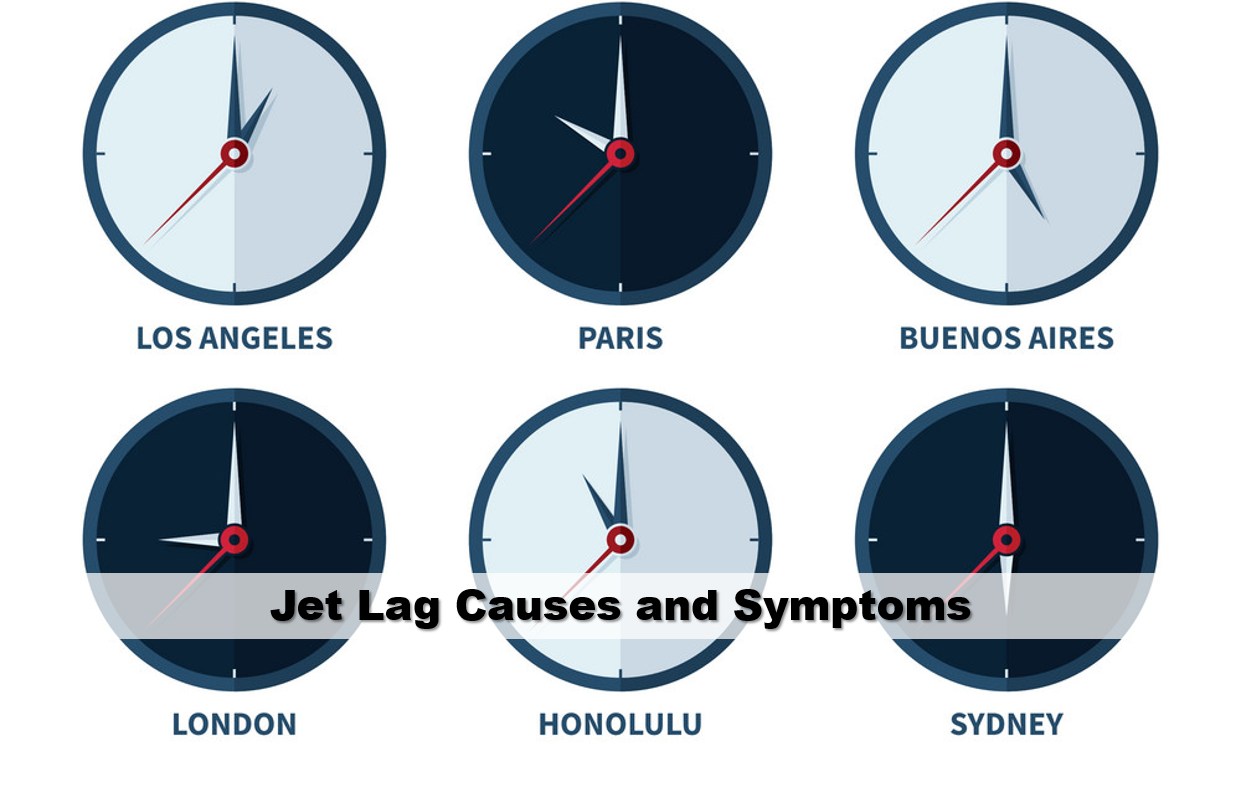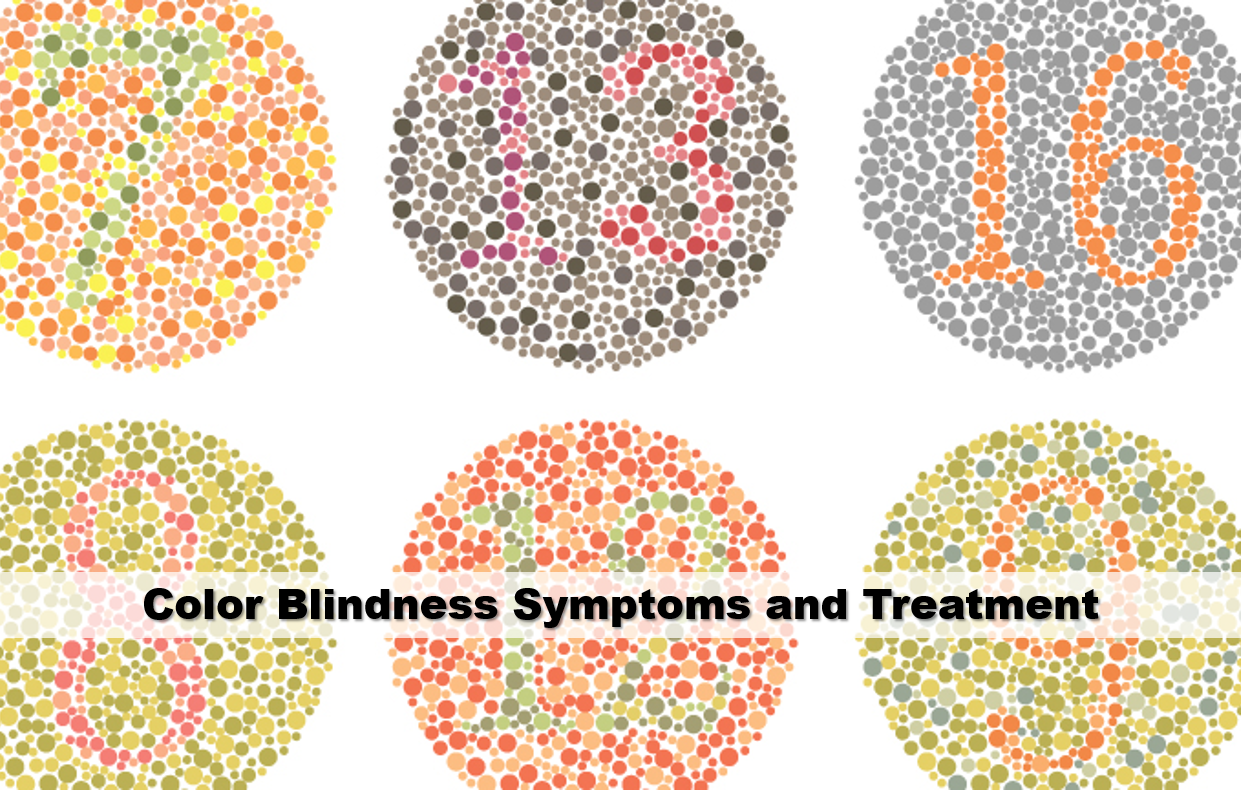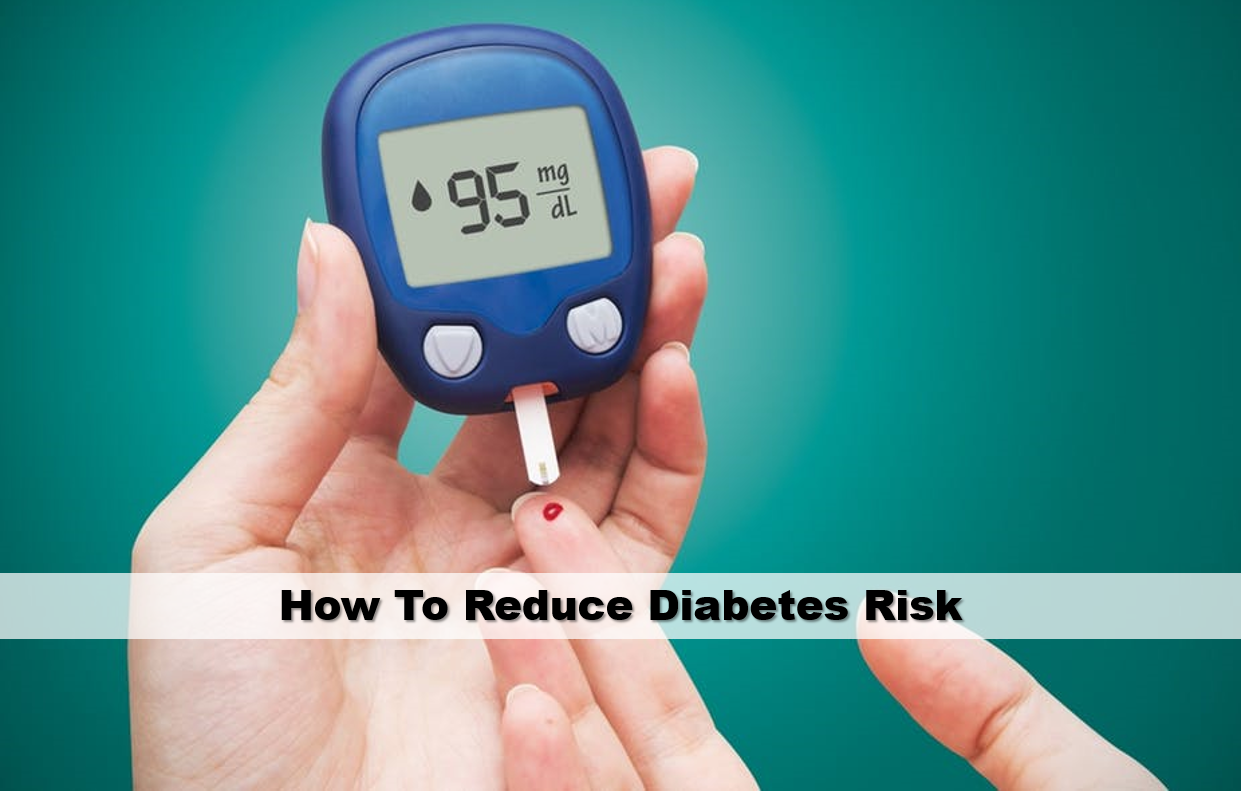Jet Lag Causes and Symptoms ( How To Prevent Jet Lag)

What is Jet Lag? How do you cure jet lag? Our body has an internal rhythm that adjusts many functions, such as when we need to sleep and wake up. This rhythm, which serves as a kind of internal clock, is shaped according to the region where we live. Traveling by changing many time zones in a short time can lead to disruption of this rhythm and the emergence of many temporary disorders, mainly sleep problems. It is called jet lag. In this article, we will explain the most frequently asked questions such as “what is jet lag, what are its symptoms or how to prevent it?”
What Is Jet Lag?
The internal clock that signals when the body will wake up and when to sleep is called circadian rhythm. The circadian rhythm controls not only sleep, but also proteins, hormones, and many other cycles that will be produced during the day and at night. Although the importance of the circadian rhythm is increasingly recognized, the 2017 Nobel Prize has been awarded to scientists who have discovered the molecular mechanisms of this rhythm. This vital rhythm is adjusted to the local time of the place where we live. Discomfort, called jet lag, occurs when the circadian rhythm fails to adapt to the new time zone when switching to different time zones in a short time. The more time zones, the more likely it is to experience jet lag.
POST: 5 Amazing Health Benefits Of Pumpkin
Jet Lag Causes
The effect of sunlight: The most essential factor that regulates the circadian rhythm is sunlight. Sunlight is responsible for regulating a hormone called melatonin in the body. Melatonin is a chemical that allows the cells in the body to synchronize with each other. When sunlight comes to our eyes, it falls on some special cells on the retina. These cells inform that the sunlight comes from the region called the hypothalamus in our brain and plays an essential role in the regulation of hormones.
At night, when the light signal is low, and the pineal gland secretes melatonin. With the release of melatonin, cells begin to produce large proteins and regenerate damaged cells. In daylight, the opposite happens, and the pineal gland produces very little melatonin.
The effect of cabin pressure and atmosphere: Some research shows that changes in cabin pressure and high altitudes in air travel may contribute to some jet lag symptoms, regardless of how much time zone has been changed. Besides, humidity levels in aircraft are kept low. If you do not drink enough water during your flight, you may experience some water loss. Dehydration can also cause to some jet lag symptoms.
Jet Lag Symptoms
Symptoms of jet lag may vary from person to person.
- sleep-related problems such as insomnia or inability to wake up
- Daytime fatigue
- Lack of concentration
- Gastrointestinal problems (such as diarrhea or constipation),
- Mood Swings
Jet lag symptoms occur within one or two days when traveling in at least two time zones. Especially if you travel to long distances, and have passed many periods, both the severity of symptoms will be longer. Jet lag is a safe situation. However, if the person living in the jet lag is required to drive a motor vehicle in the new space, there may be a traffic accident due to a lack of attention and sleep. Therefore, a person with jet lag should postpone driving until symptoms disappear.
Is There A Treatment For Jet Lag?
There is no need for treatment for jet lag because it lasts within a couple of days. However, some sleep medications may be prescribed by a physician to people experiencing insomnia and having excessive jet lag symptoms. However, these drugs do not have any effect on attention deficit and mood changes that occur during jet lag. Recent studies have shown that melatonin is more beneficial in alleviating jet lag effects.
POST: Top 10 Foods For Eye Health
How To Prevent Jet Lag
- Set your schedule according to the time of the place you will go before you leave. Set your watch according to your destination before leaving. When you reach your destination, no matter how exhausted you are, try not to sleep until the night of the local time.
- Do not forget to drink water. Drink plenty of water before, during, and after your flight to relieve the effects of moisture-free cabin air. Dehydration can cause jet lag symptoms. Alcohol and caffeine are both substances that harm circadian rhythm and can cause dehydration. Therefore, you should avoid consuming alcohol and caffeine.
- If it is night in the region you will go, try sleeping on the plane. Noise-canceling earplugs, headphones, and eye masks can help you sleep by blocking noise and light.
- Get some rest before your trip.





